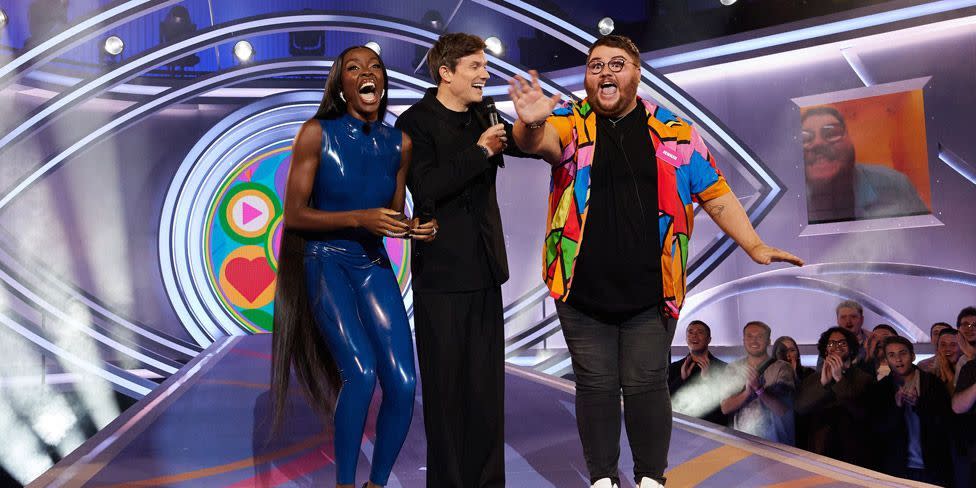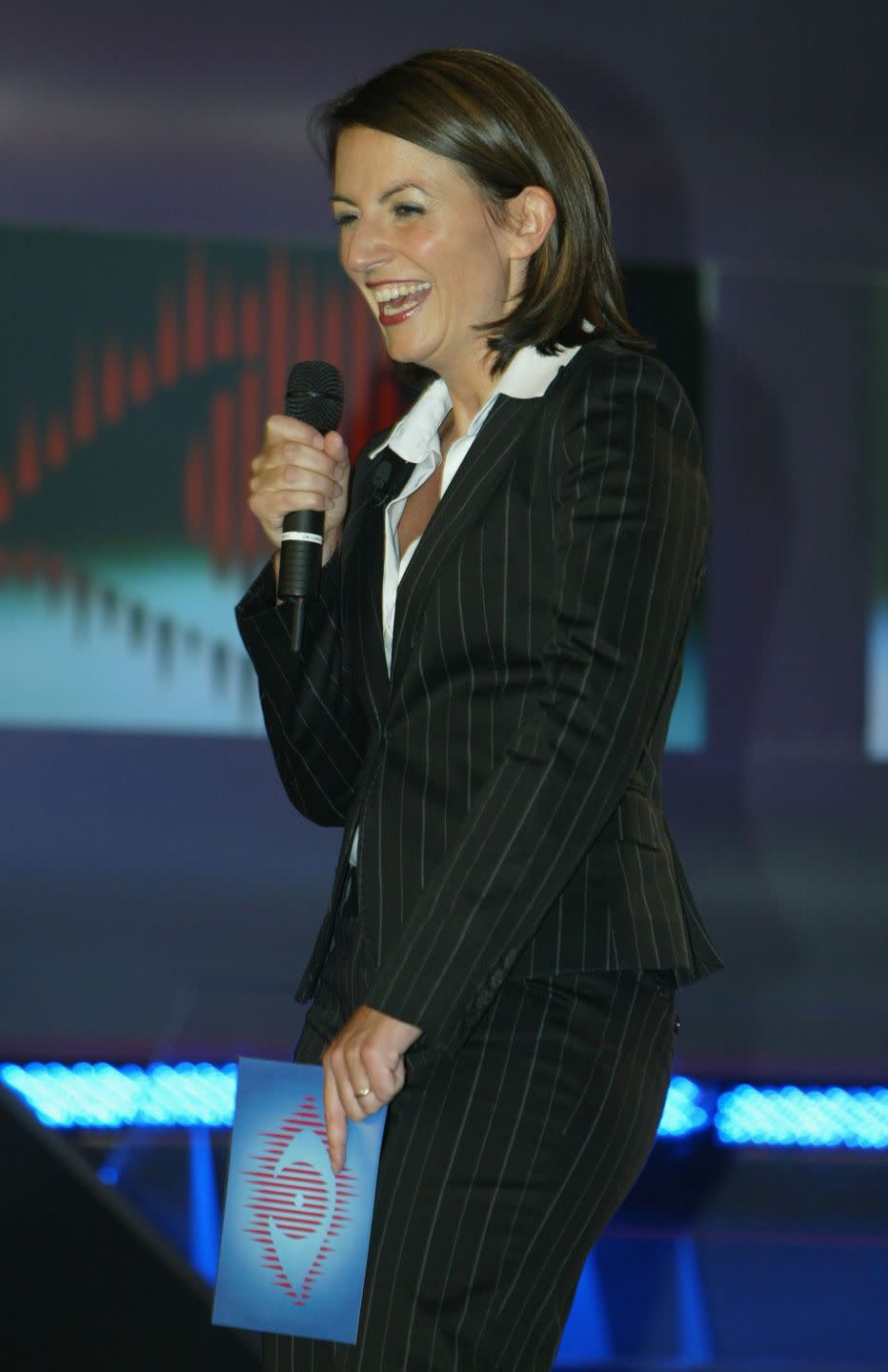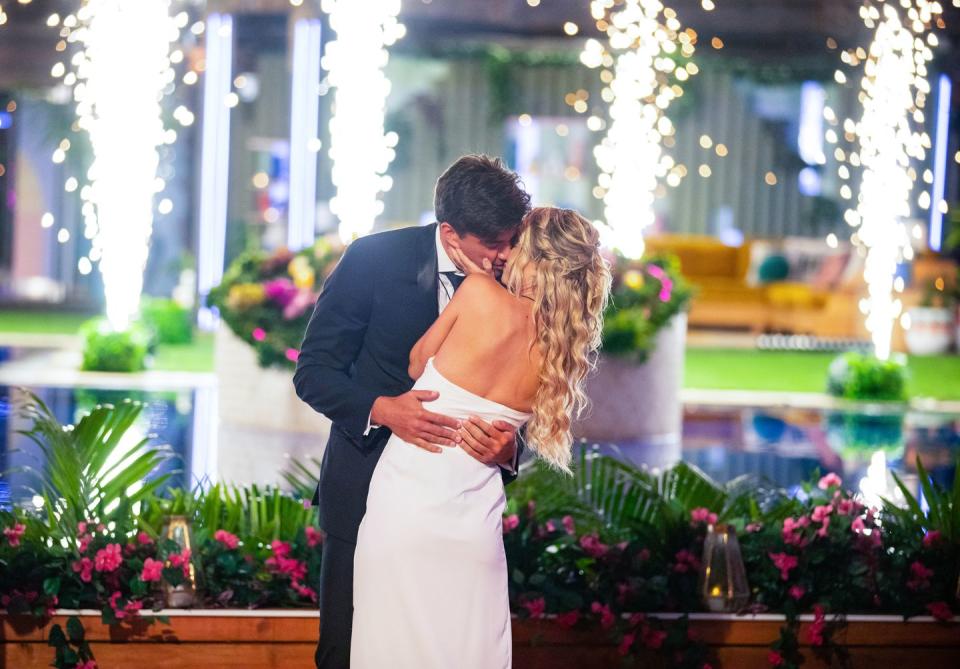'Big Brother' Is Back — But Does It Still Have A Place In Today’s World?

When Big Brother, which was initially billed as a social experiment, debuted to audiences across the UK in July 2000, it changed the course of television forever. Eleven housemates were isolated from the outside world in a custom-built house full of cameras and evicted one by one as the weeks progressed. The series was won by bashful builder Craig Philips and it featured ‘Nasty’ Nick. It was an instant hit.
Never before had audiences been exposed to a constant stream of the minutiae of everyday life; watching people merely exist as a form of voyeurism.

Today, however, the virtual people-watching that Big Brother’s inaugural series purveyed is commonplace largely thanks to social media. On TikTok, which is now the world’s most downloaded app, the #GRWM on TikTok has been viewed more than 140 billion times. The #SpendTheDayWithMe has been viewed more than 1.5 million times. In these videos, people film themselves washing their faces, going for walks, cooking food. Thanks to the internet, everybody has the potential to become a ‘somebody’ in today’s world, so why would anybody tune in to watch what they can follow on social media?
FIND OUT MORE ON ELLE COLLECTIVE
It could hardly be a coincidence that in the same year that Channel 4 cancelled the original run of Big Brother, Instagram was launched. Two years after TikTok was launched in 2016, Big Brother was cancelled once again by its new home at Channel 5. Now, it’s back with a new home on ITV. The first episode of the revival show premiered last night. Presented by AJ Odudu and Will Best, a pre-recorded first introductory episode that aired in October was watched by 2.5 million people.

When Big Brother initially launched, it was the novelty of watching real people interact with each other that made it such an enthralling watch. Today, real life is broadcasted on social media and there’s a reality TV show for everything: cooking, buying a house, adopting a dog, falling in love. There’s Selling Sunset, Masterchef, The Dog Academy and Love Is Blind. In the advertisement breaks of the first pre-recorded episode of the latest revival, there are trailers for another new reality TV show — My Mum, Your Dad, which is presented by original Big Brother presenter, Davina McCall. The appetite for reality is clear; the appetite for the specific genre that Big Brother once defined is less so.
‘Social media has moved the needle in terms of reality TV,’ Anna Jenkins, a creative strategist and Gen Z specialist, tells ELLE. ‘What made the Big Brother format special in the early 00s was the unrivalled access into the way people behaved behind closed doors. Cut to 2023 and social media gives us access to strangers lives at the lift of a finger.’

The response to the show has been lukewarm. Despite Google Trends noting a 900% spike in searches for ‘Big Brother’ in the 24 hours after the latest revival’s inaugural episode, The Guardian awarded it just two stars, calling it ‘bog-standard’ and ‘exhaustingly bland.’ Speaking of the revival’s coterie of contestants, its review read: ‘Everyone’s different, but everyone’s still a textbook reality-show eccentric. It feels like we’ve known them for too long already.’ The Telegraph awarded it four stars and branded it ‘fun.’
The internet seems divided but one thing is obvious. Unlike when it launched in the UK, the market for reality TV is now one that is crowded, chaotic and noisy. As Jenkins concedes, just how Big Brother can cut through that noise remains to be seen: ‘Reality TV today needs to offer new news to keep an audience coming back for more.’
ELLE Collective is a new community of fashion, beauty and culture lovers. For access to exclusive content, events, inspiring advice from our Editors and industry experts, as well the opportunity to meet designers, thought-leaders and stylists, become a member today HERE.
You Might Also Like


